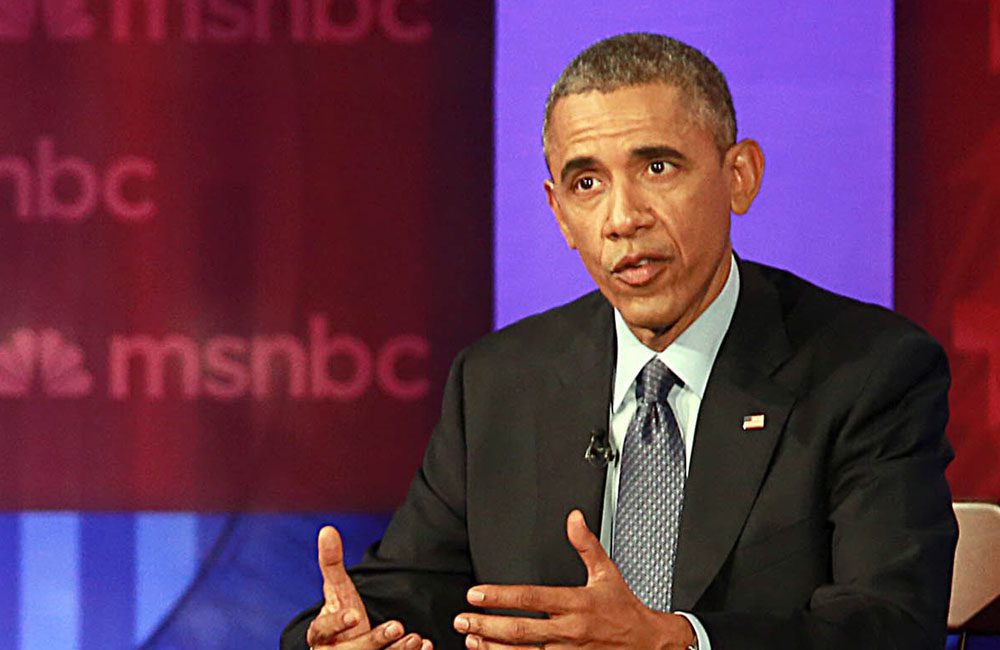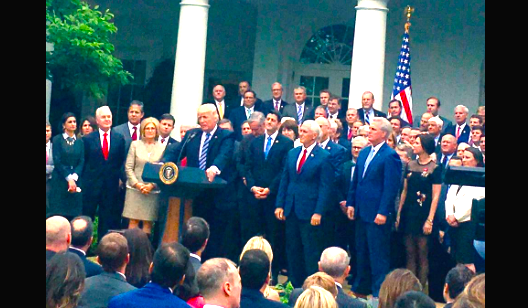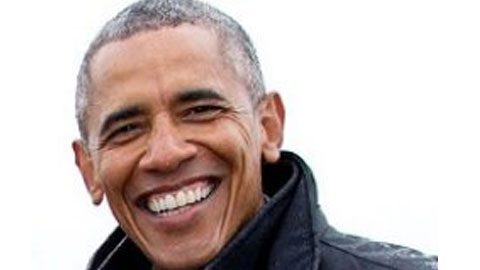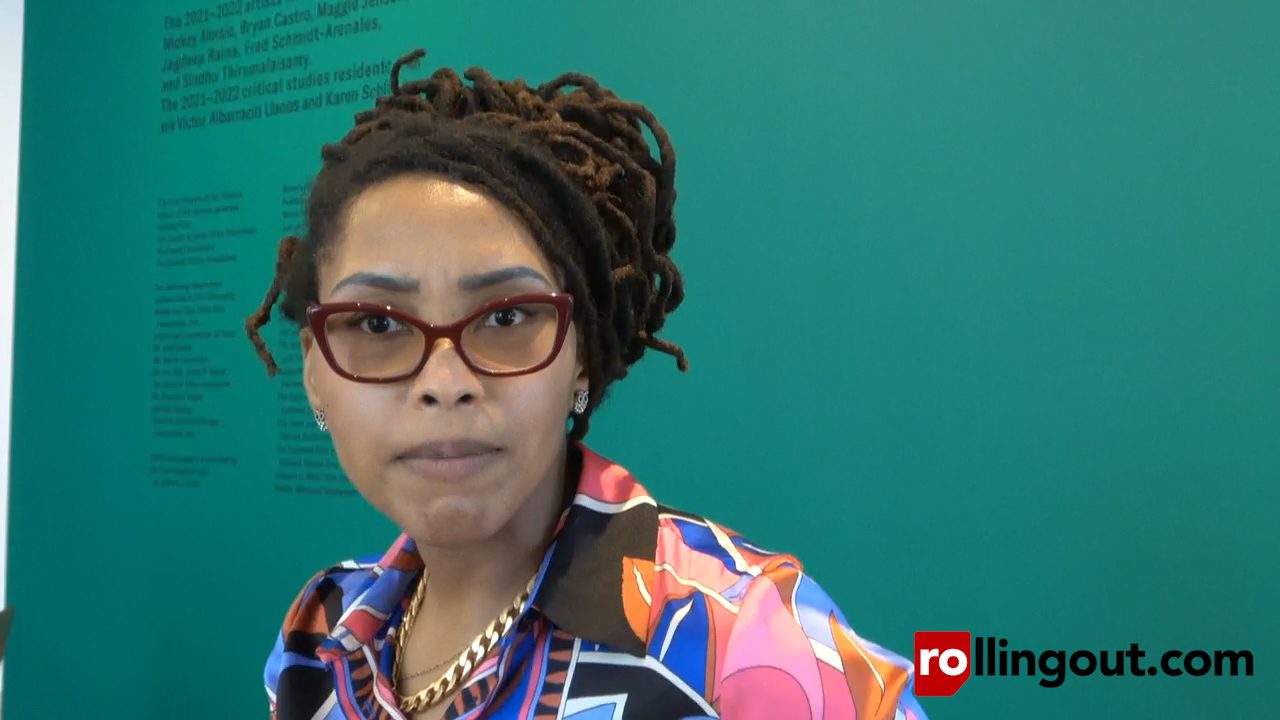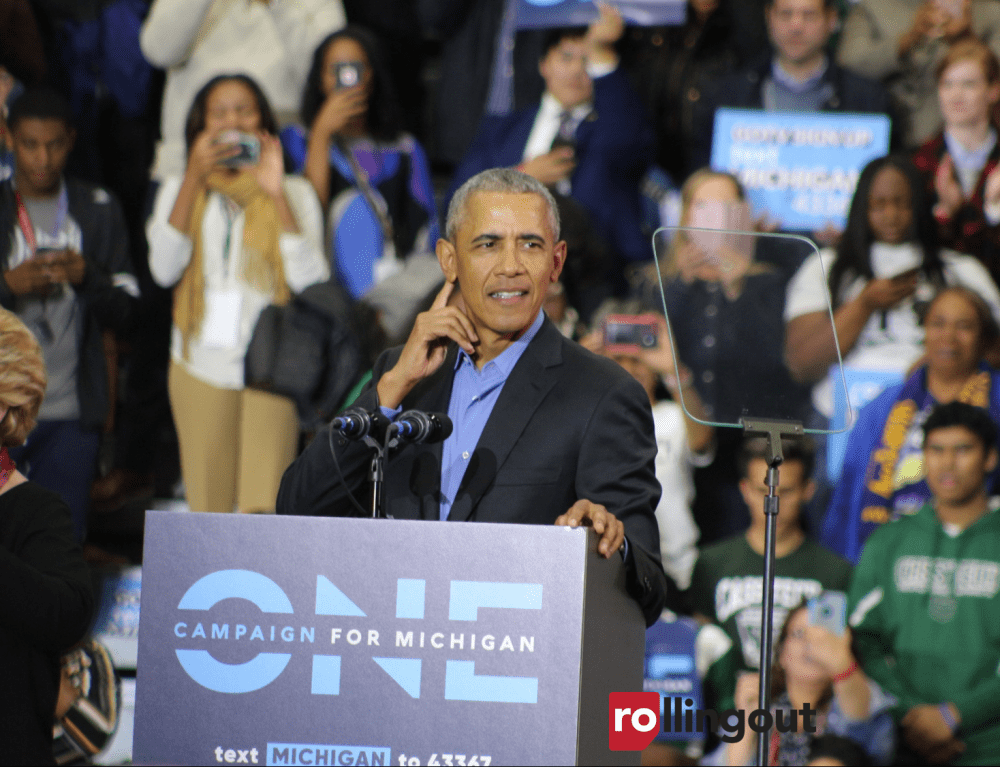President Barak Obama commemorated a horrible time in history known as the Rwandan Genocide which occurred in 1994. During the Rwandan Genocide between 800,000 to one million people were slaughtered by members of the Hutu ethnic tribe to eradicate the Tutsi ethnic group. Militia groups tied to extremist political parties such as the Presidential Guard and local self-defense groups armed by the government went about their work of killing. In 100 days, according to the foreign press “1,074,017 people— approximately one-seventh of the total population —were murdered, with Tutsis accounting for 94 percent of the victims”. (AP Dispatch, 2/14/2002)
The world powers, including the United States under President Bill Clinton, did nothing to stop the killings. On April 7, 1994 thousands of Rwandan Hutus were told to “do their work” and “kill the cockroaches” who were their Tutsi countrymen and the Rwandan Genocide had begun in earnest.
The president’s remarks acknowledged the savagery of the event:
“We join with the people of Rwanda in marking twenty years since the beginning of the genocide that took the lives of so many innocents and which shook the conscience of the world. We honor the memory of the more than 800,000 men, women and children who were senselessly slaughtered simply because of who they were or what they believed. We stand in awe of their families, who have summoned the courage to carry on, and the survivors, who have worked through their wounds to rebuild their lives. And we salute the determination of the Rwandans who have made important progress toward healing old wounds, unleashing the economic growth that lifts people from poverty, and contributing to peacekeeping missions around the world to spare others the pain they have known.
At this moment of reflection, we also remember that the Rwandan genocide was neither an accident nor unavoidable. It was a deliberate and systematic effort by human beings to destroy other human beings. The horrific events of those 100 days—when friend turned against friend, and neighbor against neighbor—compel us to resist our worst instincts, just as the courage of those who risked their lives to save others reminds us of our obligations to our fellow man. The genocide we remember today—and the world’s failure to respond more quickly—reminds us that we always have a choice. In the face of hatred, we must remember the humanity we share. In the face of cruelty, we must choose compassion. In the face of intolerance and suffering, we must never be indifferent. Embracing this spirit, as nations and as individuals, is how we can honor all those who were lost two decades ago and build a future worthy of their lives.”


